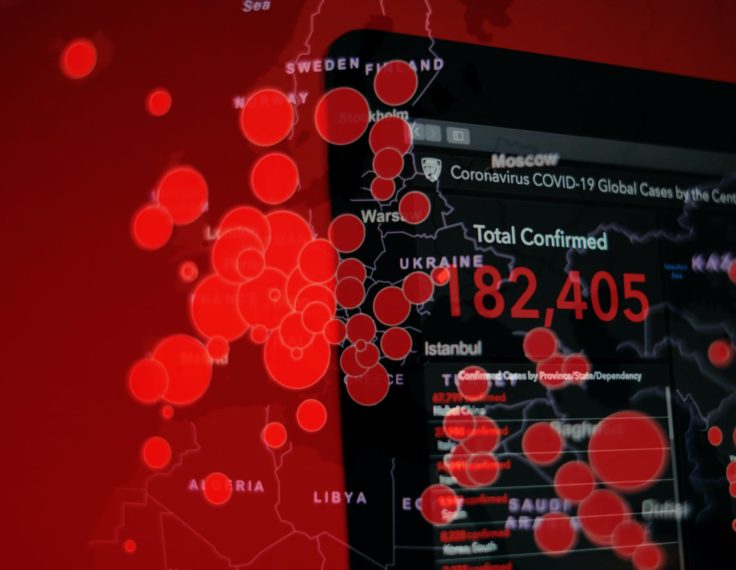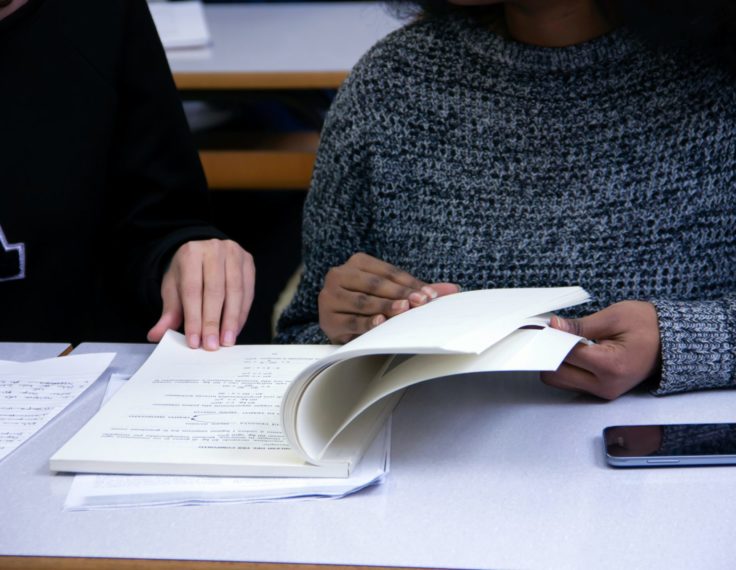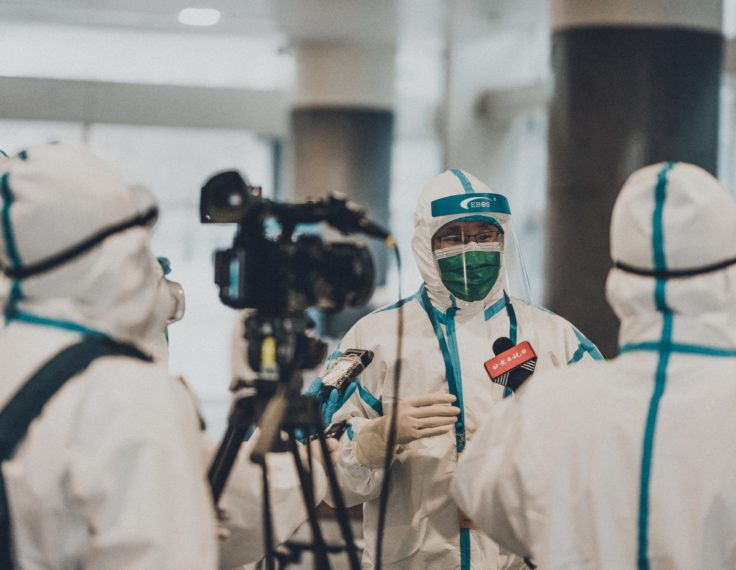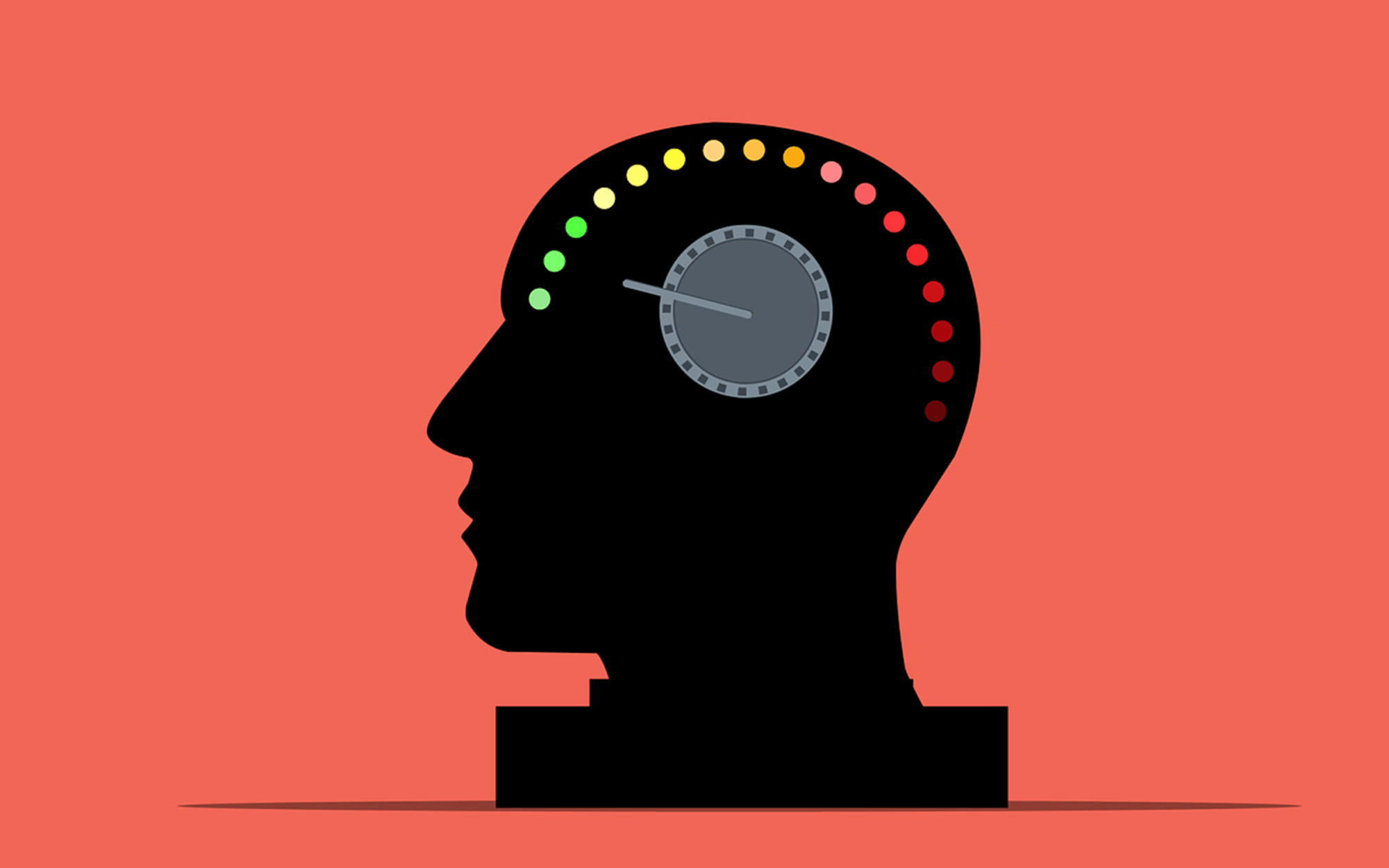Explore All Articles
All Articles
Article Topic

COVID-19
The causes and consequences of COVID-19 misperceptions: Understanding the role of news and social media
Aengus Bridgman, Eric Merkley, Peter John Loewen, Taylor Owen, Derek Ruths, Lisa Teichmann and Oleg Zhilin
We investigate the relationship between media consumption, misinformation, and important attitudes and behaviours during the coronavirus disease 2019 (COVID-19) pandemic. We find that comparatively more misinformation circulates on Twitter, while news media tends to reinforce public health recommendations like social distancing. We find that exposure to social media is associated with misperceptions regarding basic facts about COVID-19 while the inverse is true for news media.

Do the right thing: Tone may not affect correction of misinformation on social media
Leticia Bode, Emily K. Vraga and Melissa Tully
An experiment conducted with 610 participants suggests that corrections to misinformation—pointing out information that is wrong or misleading and offering credible information in its place—on social media reduce misperceptions regardless of the correction’s tone (uncivil, affirmational, or neutral). There is also an opportunity to correct secondary but related misperceptions (dealing with the same topic but with a different specific fact) when responding to misinformation on social media.

COVID-19
Pandemics & propaganda: How Chinese state media creates and propagates CCP coronavirus narratives
Vanessa Molter and Renee DiResta
To gain insight into how Chinese state media is communicating about the coronavirus pandemic to the outside world, we analyzed a collection of posts from their English-language presence on Facebook. We observed three recurring behaviors: sharing positive stories and promoting the Chinese Communist Party’s (CCP) pandemic response, rewriting recent history in a manner favorable to the CCP as the coronavirus pandemic evolved, and using targeted ads to spread preferred messages.

Misinformation in action: Fake news exposure is linked to lower trust in media, higher trust in government when your side is in power
Katherine Ognyanova, David Lazer, Ronald E. Robertson and Christo Wilson
One major concern about fake news is that it could damage the public trust in democratic institutions. We examined this possibility using longitudinal survey data combined with records of online behavior. Our study found that online misinformation was linked to lower trust in mainstream media across party lines.

COVID-19
Feeling “disinformed” lowers compliance with COVID-19 guidelines: Evidence from the US, UK, Netherlands, and Germany
Michael Hameleers, Toni G. L. A. van der Meer and Anna Brosius
This study indicates that, during the first phase of the coronavirus (SARS-CoV-2) pandemic in 2020, citizens from the US, UK, Netherlands, and Germany experienced relatively high levels of mis- and disinformation in their general information environment. We asked respondents to indicate the extent to which they experienced that information on coronavirus (SARS-CoV-2 and the disease it causes, COVID-19) was simply inaccurate (misinformation) or intentionally misleading (disinformation).

COVID-19
Leveraging volunteer fact checking to identify misinformation about COVID-19 in social media
Hyunuk Kim and Dylan Walker
Identifying emerging health misinformation is a challenge because its manner and type are often unknown. However, many social media users correct misinformation when they encounter it. From this intuition, we implemented a strategy that detects emerging health misinformation by tracking replies that seem to provide accurate information.

News literacy education in a polarized political climate: How games can teach youth to spot misinformation
Yoo Kyung Chang, Ioana Literat, Charlotte Price, Joseph I. Eisman, Jonathan Gardner, Amy Chapman and Azsaneé Truss
We designed, implemented and evaluated a game about fake news to test its potential to enhance news literacy skills in educational settings. The game was largely effective at facilitating complex news literacy skills. When these skills were integrated into the design and fictional narrative of the game, diverse groups of students engaged with the learning goals and transferred this knowledge to real life contexts.

COVID-19
How search engines disseminate information about COVID-19 and why they should do better
Mykola Makhortykh, Aleksandra Urman and Roberto Ulloa
Access to accurate and up-to-date information is essential for individual and collective decision making, especially at times of emergency. On February 26, 2020, two weeks before the World Health Organization (WHO) officially declared the COVID-19’s emergency a “pandemic,” we systematically collected and analyzed search results for the term “coronavirus” in three languages from six search engines. We

The anatomy of credulity and incredulity: A hermeneutics of misinformation
Carolyn N. Biltoft
This essay explores the historical process by which the birth and expansion of information systems transformed the relationship between “faith” and “fact.” The existence of recurring forms of credulity and conversely denial—from holocaust denial to climate change denial—suggests that patterns of belief and disbelief will not be easily resolved either with fact-checking or with the regulation of the press.

COVID-19
Why do people believe COVID-19 conspiracy theories?
Joseph E. Uscinski, Adam M. Enders, Casey Klofstad, Michelle Seelig, John Funchion, Caleb Everett, Stefan Wuchty, Kamal Premaratne and Manohar Murthi
As conspiracy theories about COVID-19 take root in the United States, understanding the psychological foundations of conspiracy beliefs is increasingly critical. Our research shows that beliefs in two popular variants of COVID-19 conspiracy theory are the joint product of the psychological predispositions 1) to reject information coming from experts and other authority figures and 2) to view major events as the product of conspiracies, as well as partisan and ideological motivations.

